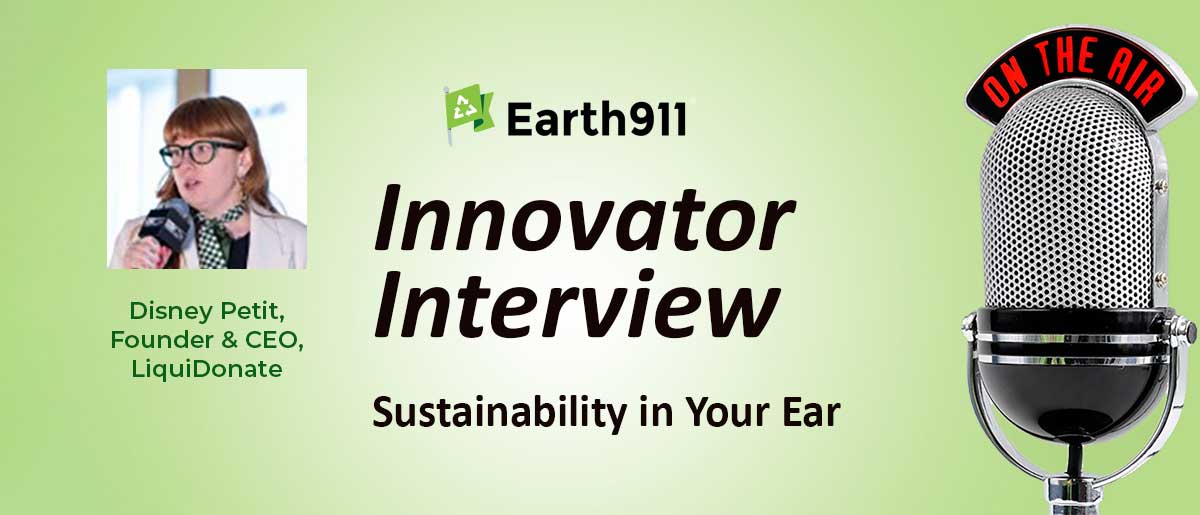Subscribe to receive transcripts by email. Read along with this episode.
What if the solution to the retail industry’s $890 billion returns crisis wasn’t better logistics, but better logic? Disney Petit, founder and CEO of Liquidonate, is proving that the most sustainable return skips the trip back to a warehouse and goes directly to a community in need. Americans returned nearly 17% of all retail purchases last year, generating 2.6 million tons of landfill waste and 16 million tons of CO2 emissions. Each return costs retailers between $25 and $35 to process, yet 52% of consumers admit to participating in return fraud at least once. Petit witnessed this broken system firsthand as employee number 15 at Postmates, where she built the customer service team and created Civic Labs, the company’s social responsibility arm. Her food security product Bento, which allowed people without smartphones to access free food via text message, won Time Magazine’s 2021 Invention of the Year Award. Now Liquidonate has earned recognition as one of Time’s Best Inventions of 2025.

Liquidonate integrates directly with retailers’ existing warehouse and return management systems. When a product comes back and can’t be resold—open box, slightly damaged, or simply unwanted—the platform automatically matches it with a local nonprofit or school that needs it. “It’s the same reverse logistics workflow they already use,” Petit explains. “It’s just redirected toward community good instead of going to the landfill.” The platform handles everything: shipping labels, pickup coordination, and tax documentation so retailers can write off donations. Retailers recover logistics costs through tax benefits while communities receive quality products, and millions of pounds of goods stay out of landfills.
To date, retailers using Liquidonate have diverted over 12 million items from landfills, working with more than 4,000 nonprofits across the country. Liquidonate also tackles return fraud by eliminating “keep it” returns, when customers claim they want to return something but are told to keep the item and still receive a refund. “One hundred percent of the time we’re producing a shipping label for a nonprofit who wants that product,” Petit says. “We completely eliminate that keep-it return option, so we eliminate the returns fraud option.” With $900 billion worth of inventory potentially available for redirection, Petit approaches the business through the lens of environmental justice, building a for-profit company designed to prove that doing good and doing well aren’t mutually exclusive—they’re interdependent.
Nonprofits and schools can sign up for free at liquidonate.com. Retailers interested in partnering can reach out to partners@liquidonate.com.
Source link
Mitch Ratcliffe earth911.com


